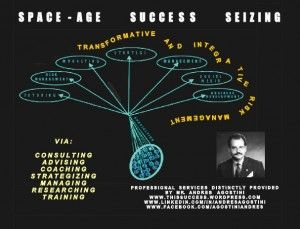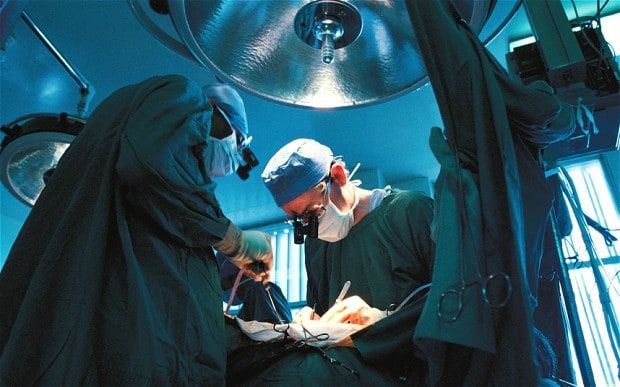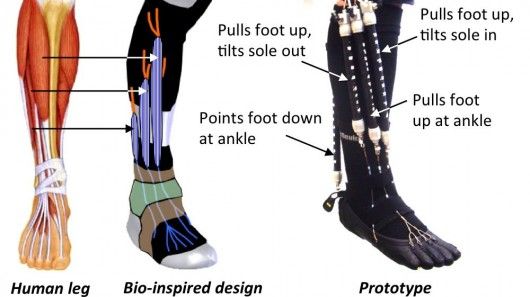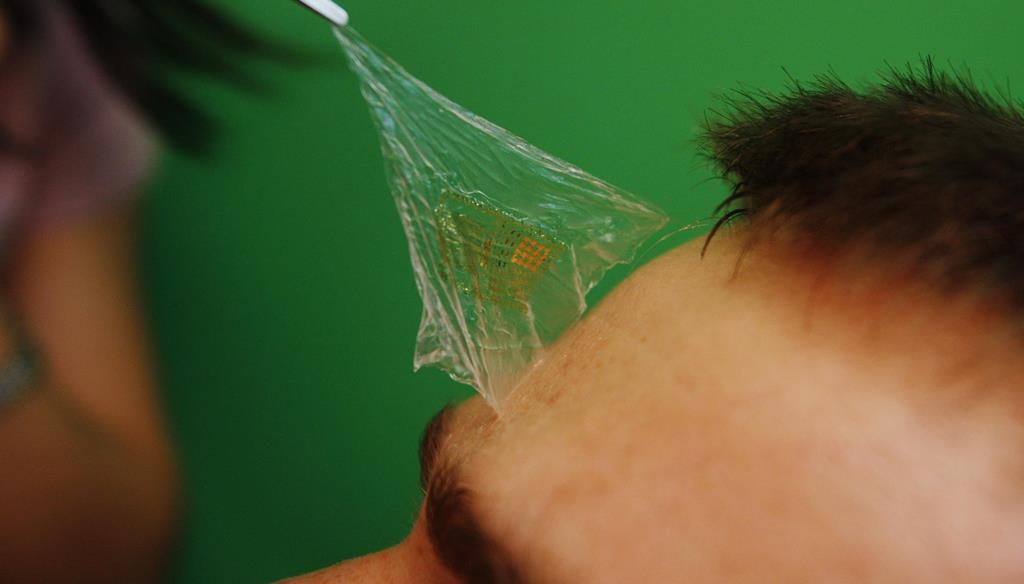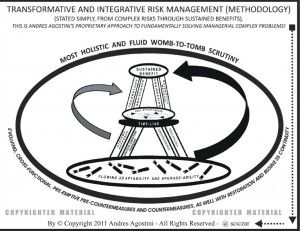Feb 3, 2014
Researcher takes a muscular approach to robotics
Posted by Seb in category: biotech/medical
By Richard Webner — Pittsburgh Post-Gazette
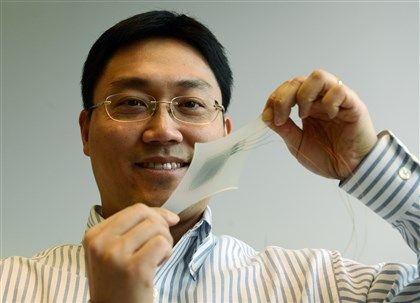
During his childhood in Korea, Yong-Lae Park developed a love for robotics, using the nuts, bolts and metal bars from science kits to build mechanical versions of his favorite cartoon characters.
“Robotics is very interesting and attractive because you build it and it moves on its own,” Mr. Park said.
Today, Mr. Park, an associate professor at Carnegie Mellon University’s Robotics Institute, retains his childhood passion but directs it toward more mature creations. He’s part of a team that has designed a robotic device to restore movement for sufferers of neuromuscular disorders that affect the foot and ankle, such as cerebral palsy, multiple sclerosis and drop foot.
